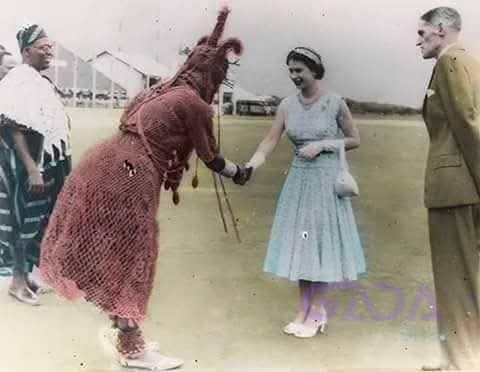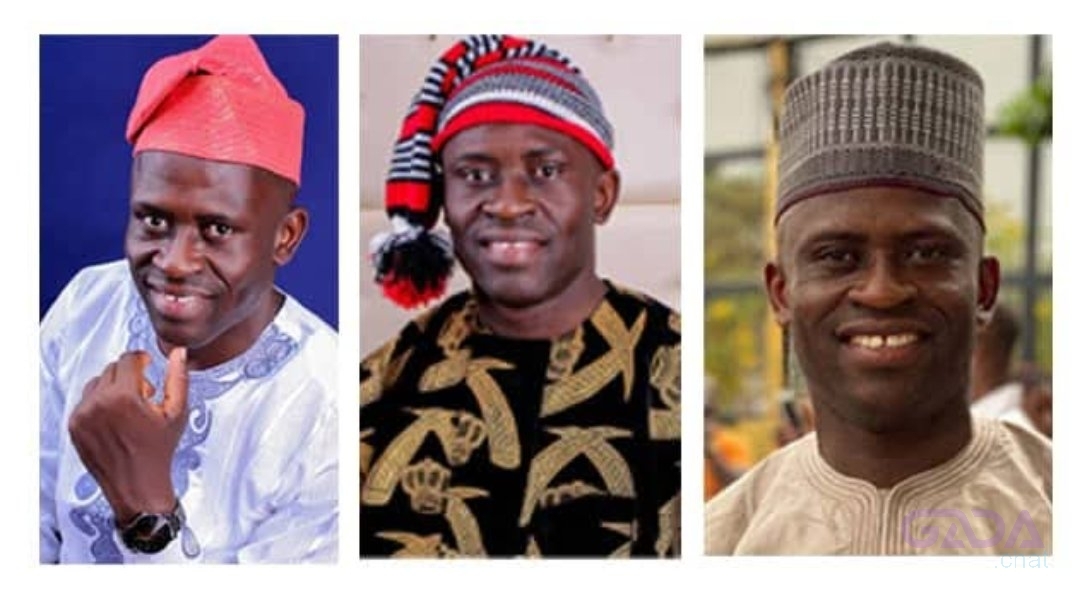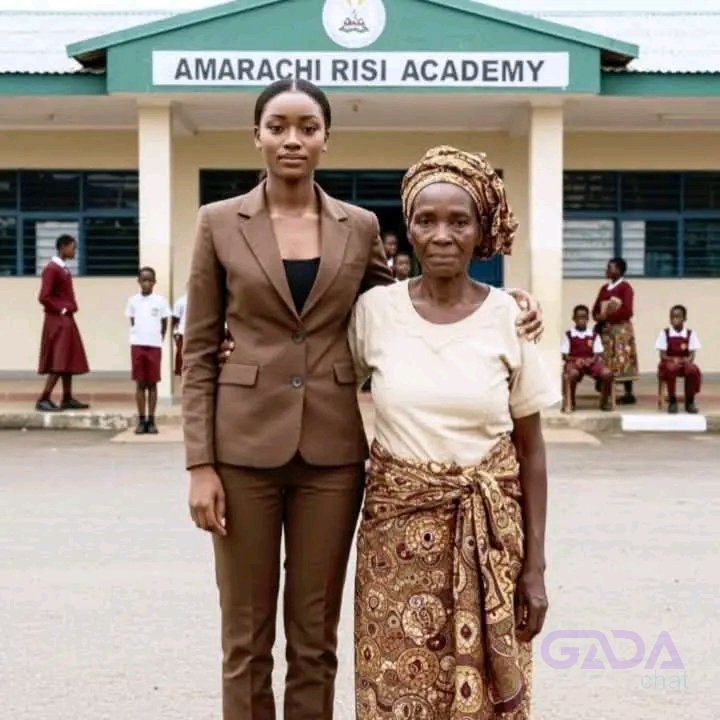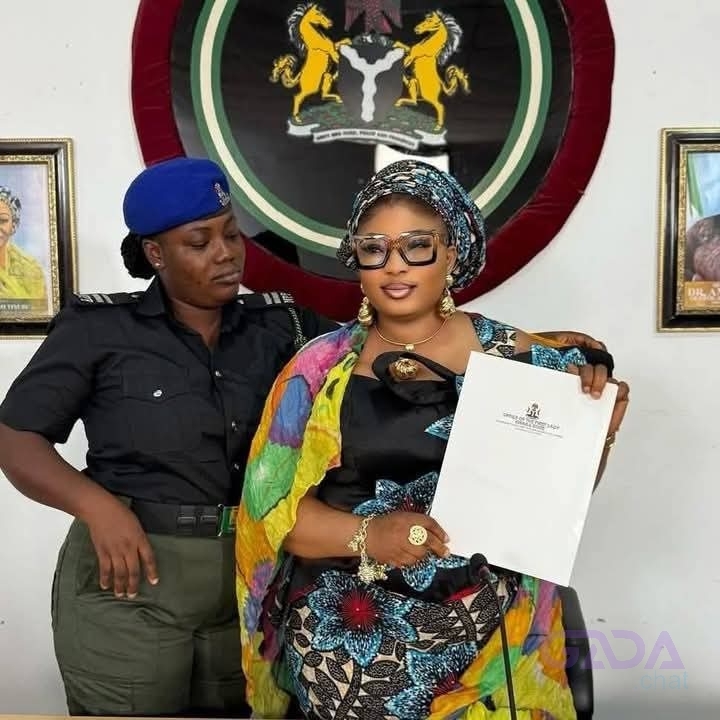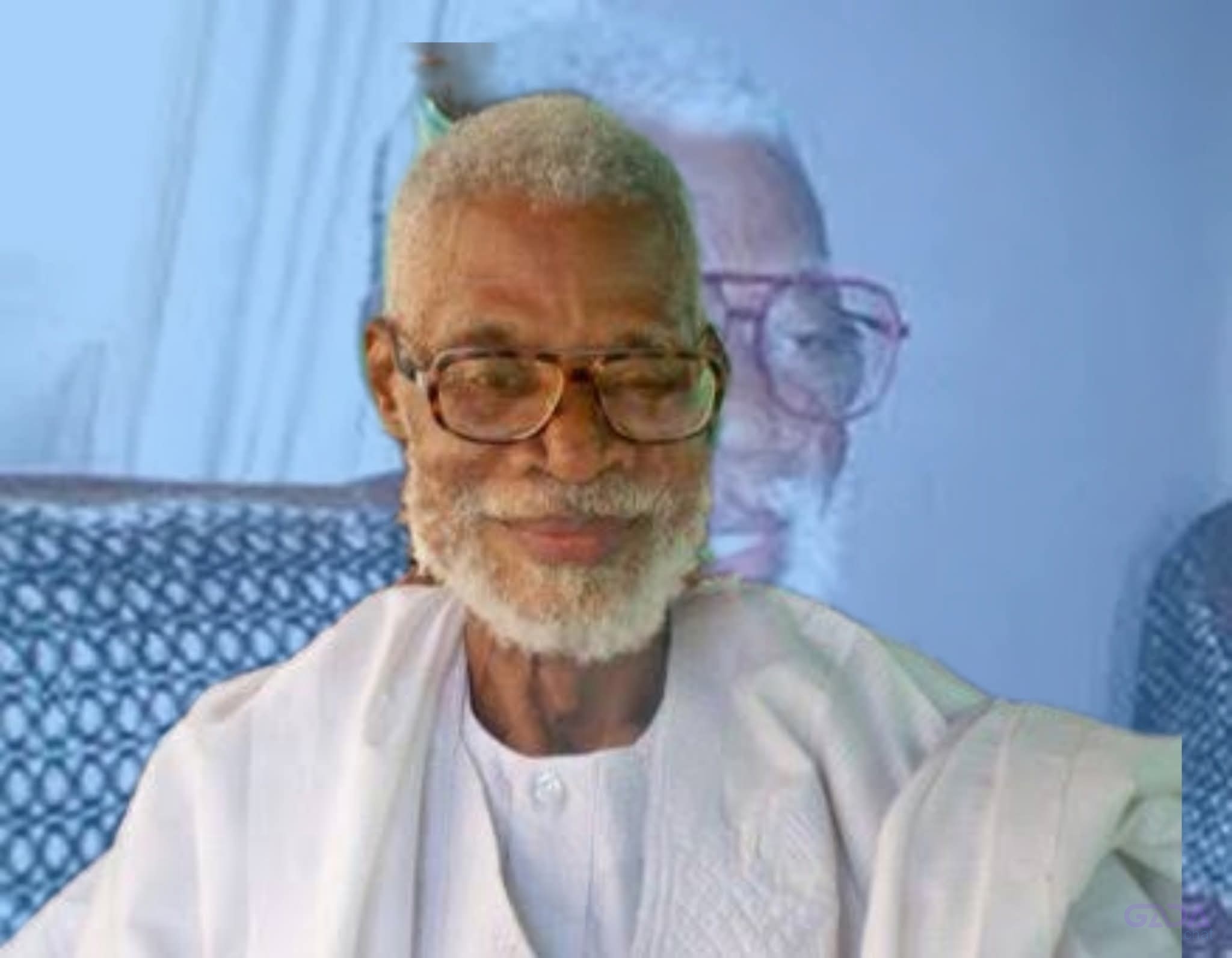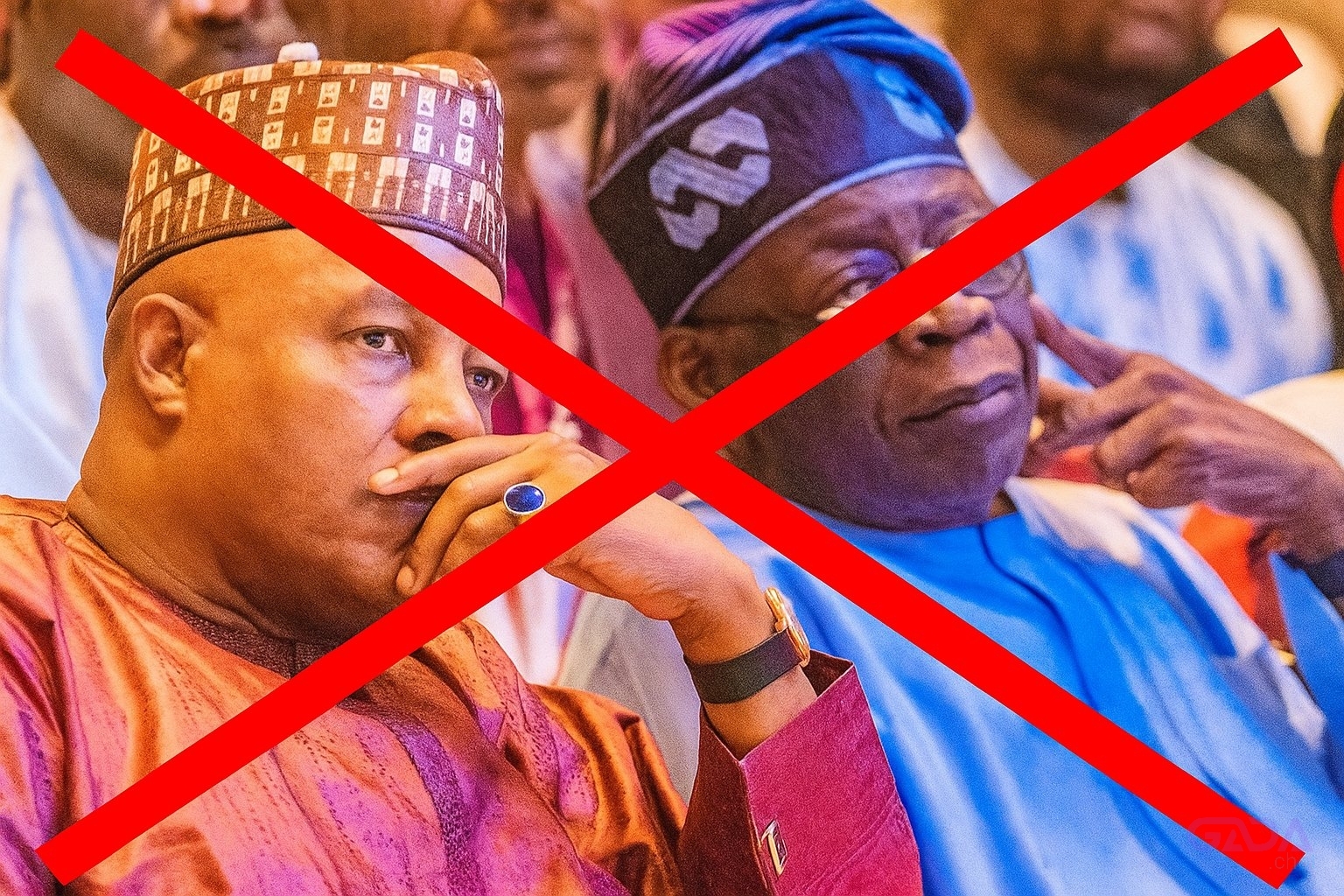LAGOS AND ITS ESCALATING SYSTEMIC IGBOPHOBIA— It’s Time For Us To Get Off This Unruly Horse: Tribal Politics [By Mayor of Fadeyi]
When a govt starts renaming streets to erase Igbo identity in Lagos, you know tribal madness has jumped the fence.
Let’s talk about it. 👇🏿
@OfficialAPCNg @OfficialPDPNig @ADCcoalition @officialABAT @atiku @PeterObi @akintollgate @DeleFarotimi @NaijaLivesMattr
#notoigbophobia
2. There is no denying it anymore. Something ugly is brewing in Lagos.
This isn’t really about street signs.
It’s about the subtle—and sometimes not so subtle—cleansing of Igbo presence from Lagos public life.
And it all escalated after the 2023 elections when many Igbos backed a non-APC candidate.
3. The Igbo haters may deny it, but Igbos have been partners in Lagos for decades.
They bled, built, and bankrolled major parts of the commercial strength of Lagos.
Yet today, they’re being treated like unwanted guests in the very house they helped construct.
4/ Many Yorubas may deny this, but here are 9 ways Lagos is currently marginalizing Igbos:
(1) Renaming Igbo-associated streets/landmarks
(2) Targeted demolitions in Igbo markets (Alaba, Ladipo, Trade Fair)
(3) Exclusion from state governance
(4) Voter intimidation during elections
(5) Thugs threatening “non-Yorubas” not to vote
(6) Media framing Igbos as invaders or overambitious
(7) Igbo culture/events getting sidelined
(8) Ethnic profiling during market raids
(9) Hostile political rhetoric against Igbos in Lagos politics
6/ In my humble opinion, this isn’t just wrong.
It’s dangerous.
You don’t marginalize the community that holds up your economy—and expect peace.
This isn’t Yoruba pride. It’s Yoruba insecurity wearing agbada.
7/
Let me say it straight:
This road leads to economic sabotage, cultural apartheid, and political instability.
It strengthens extremists like Nnamdi Kanu and weakens democracy itself.
8/ Igbos in Lagos are not squatters.
They are stakeholders.
If you silence them, remove their names, bulldoze their markets, and disenfranchise their votes—
You’re not defending Lagos.
You’re destroying it.
9/ As a proud Yoruba man, I say this with love and pain:
This is not who we are.
Yorubas have always been tolerant, dignified, and honorable.
But this wave of Igbophobia is a shame to our ancestors.
10/
It’s time to dismount from the unruly horse of tribal politics in Lagos.
Before that horse throws us all off a cliff.
Let Lagos return to being a megacity of inclusion—not a tribal playground of fear.
#MayorOfFadeyi ✊🏿
🧵LAGOS AND ITS ESCALATING SYSTEMIC IGBOPHOBIA— It’s Time For Us To Get Off This Unruly Horse: Tribal Politics [By Mayor of Fadeyi]
When a govt starts renaming streets to erase Igbo identity in Lagos, you know tribal madness has jumped the fence.
Let’s talk about it. 👇🏿
@OfficialAPCNg @OfficialPDPNig @ADCcoalition @officialABAT @atiku @PeterObi @akintollgate @DeleFarotimi @NaijaLivesMattr
#notoigbophobia
2. There is no denying it anymore. Something ugly is brewing in Lagos.
This isn’t really about street signs.
It’s about the subtle—and sometimes not so subtle—cleansing of Igbo presence from Lagos public life.
And it all escalated after the 2023 elections when many Igbos backed a non-APC candidate.
3. The Igbo haters may deny it, but Igbos have been partners in Lagos for decades.
They bled, built, and bankrolled major parts of the commercial strength of Lagos.
Yet today, they’re being treated like unwanted guests in the very house they helped construct.
4/ Many Yorubas may deny this, but here are 9 ways Lagos is currently marginalizing Igbos:
(1) Renaming Igbo-associated streets/landmarks
(2) Targeted demolitions in Igbo markets (Alaba, Ladipo, Trade Fair)
(3) Exclusion from state governance
(4) Voter intimidation during elections
(5) Thugs threatening “non-Yorubas” not to vote
(6) Media framing Igbos as invaders or overambitious
(7) Igbo culture/events getting sidelined
(8) Ethnic profiling during market raids
(9) Hostile political rhetoric against Igbos in Lagos politics
6/ In my humble opinion, this isn’t just wrong.
It’s dangerous.
You don’t marginalize the community that holds up your economy—and expect peace.
This isn’t Yoruba pride. It’s Yoruba insecurity wearing agbada.
7/
Let me say it straight:
This road leads to economic sabotage, cultural apartheid, and political instability.
It strengthens extremists like Nnamdi Kanu and weakens democracy itself.
8/ Igbos in Lagos are not squatters.
They are stakeholders.
If you silence them, remove their names, bulldoze their markets, and disenfranchise their votes—
You’re not defending Lagos.
You’re destroying it.
9/ As a proud Yoruba man, I say this with love and pain:
This is not who we are.
Yorubas have always been tolerant, dignified, and honorable.
But this wave of Igbophobia is a shame to our ancestors.
10/
It’s time to dismount from the unruly horse of tribal politics in Lagos.
Before that horse throws us all off a cliff.
Let Lagos return to being a megacity of inclusion—not a tribal playground of fear.
#MayorOfFadeyi ✊🏿




